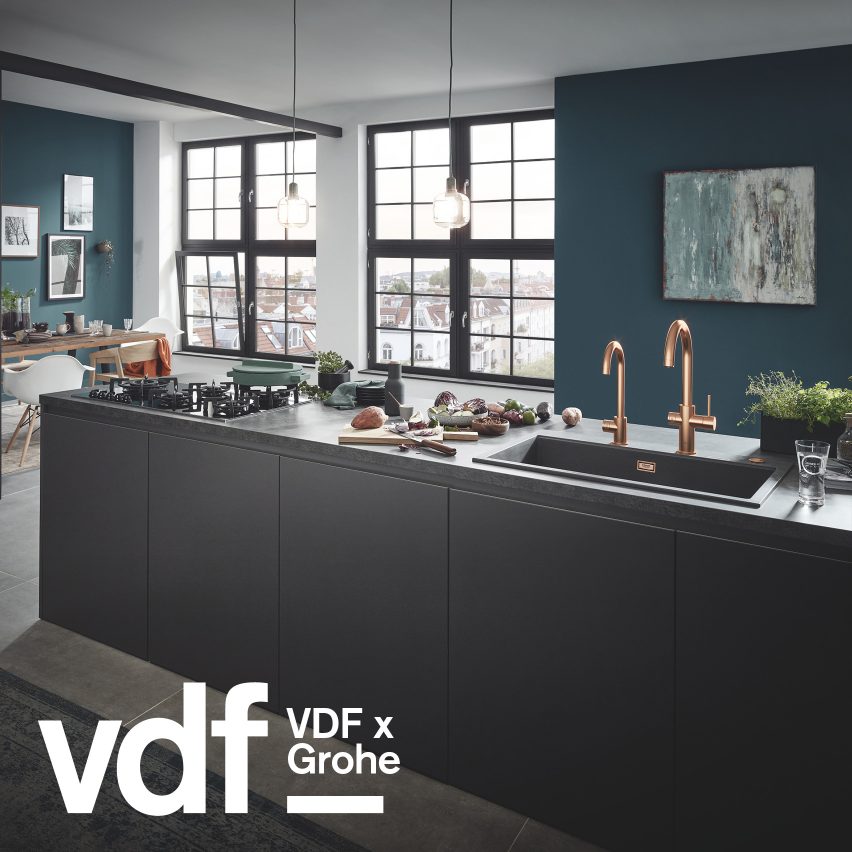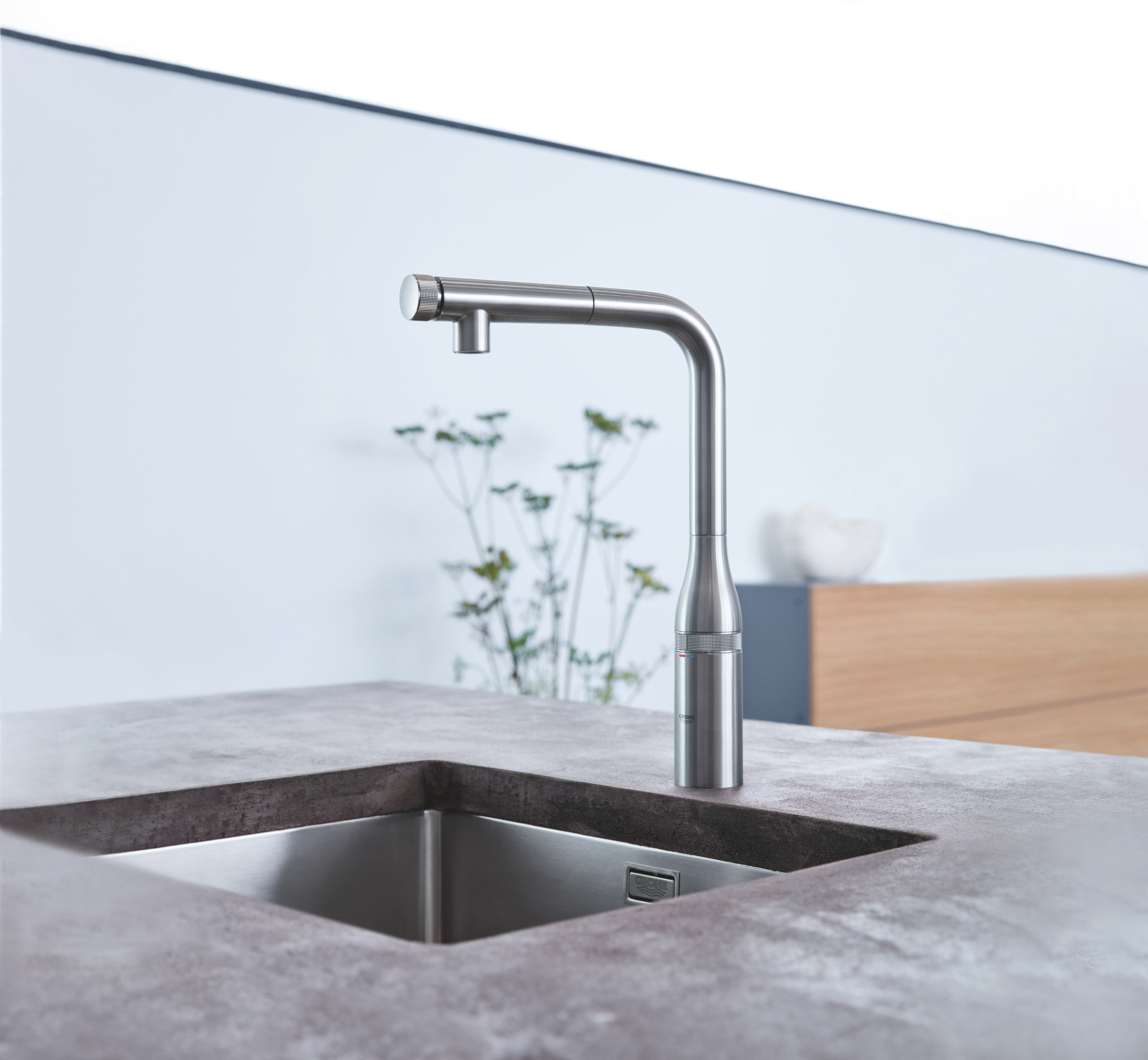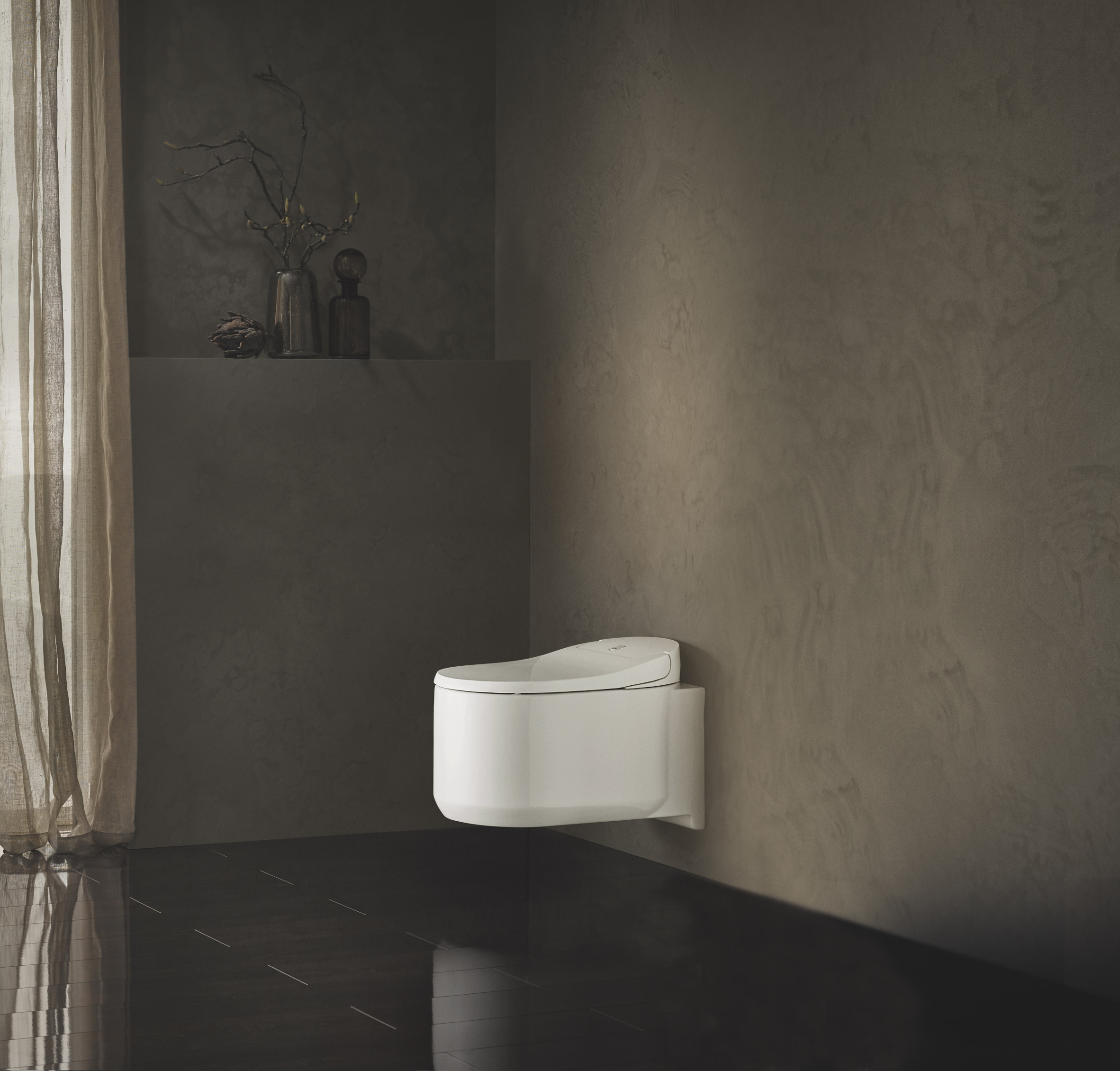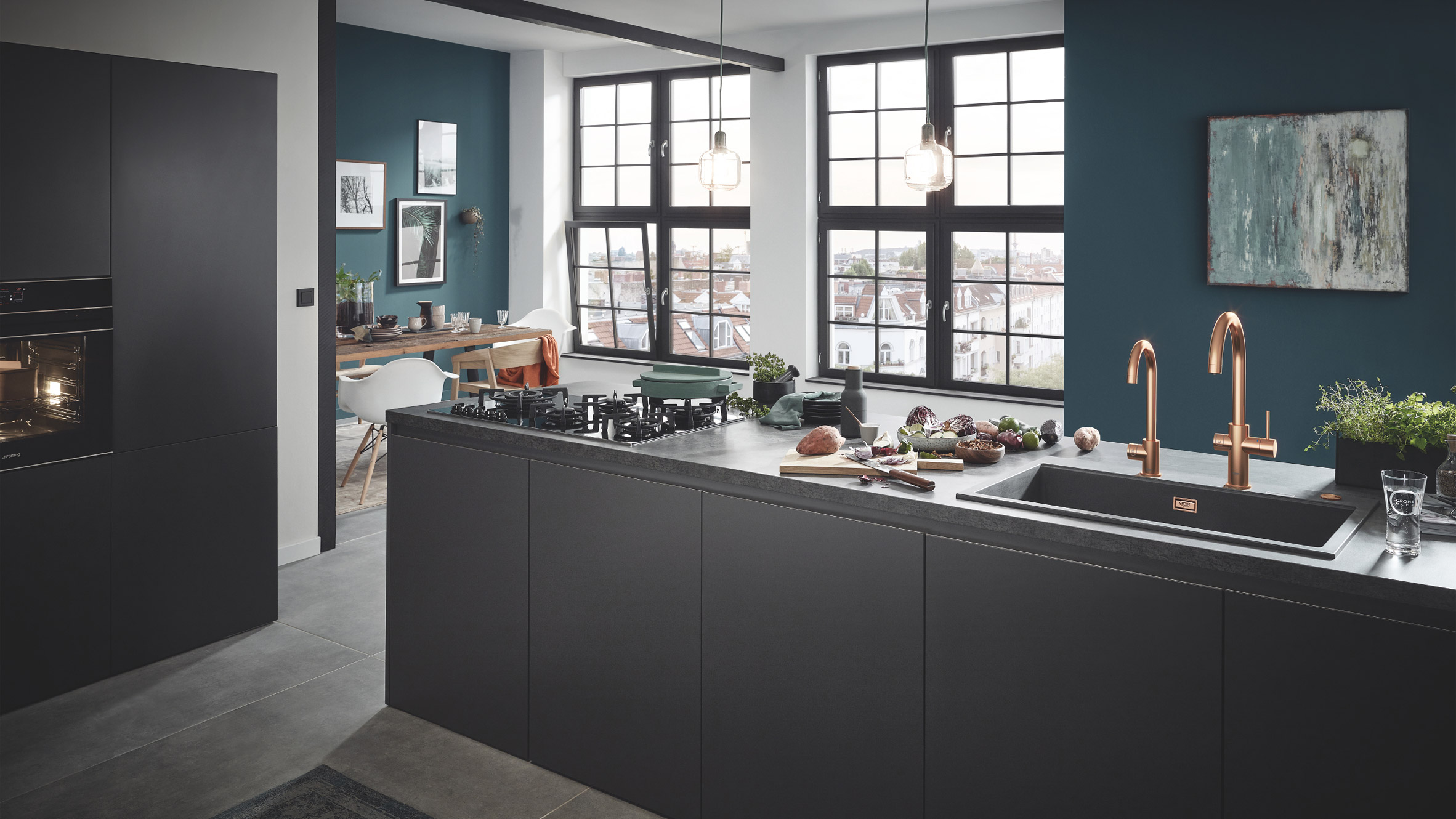"Consumers want touchless products to limit spread of germs" says Grohe's Patrick Speck
Grohe's Patrick Speck discusses the potential of touchless bathroom and kitchen products in light of the coronavirus pandemic in this video produced by Dezeen as part of our VDF x Grohe collaboration. "With the increased demand for hygiene we're having right now, we know that to minimise the risk of spreading germs and also cross-contamination, The post "Consumers want touchless products to limit spread of germs" says Grohe's Patrick Speck appeared first on Dezeen.


Grohe's Patrick Speck discusses the potential of touchless bathroom and kitchen products in light of the coronavirus pandemic in this video produced by Dezeen as part of our VDF x Grohe collaboration.
"With the increased demand for hygiene we're having right now, we know that to minimise the risk of spreading germs and also cross-contamination, we need to reduce contact with any surface as much as we can," Speck said in the video.
Speck is the vice president of design consumer experience for the EMENA region of Japanese water technology brand Lixil, which is the parent company of bathroom and kitchen brand Grohe.

According to Speck, the solution could be touchless products such as faucets and toilets that rely on sensor technology.
"Consumers are looking for solutions such as touch-less products," he said. "It's not a new topic for us at Grohe because we have had touchless products in our portfolio for both private and public application for years."
Speck's comments mirrored those made by Lixil's chief designer Paul Flowers in an interview with Dezeen last week, in which he claimed it was "entirely feasible to create an environment which eliminates the need to touch surfaces" in order to reduce the spread of viruses.
"Whilst there are materials which are more resistant to bacteria and viruses, ultimately the best way to reduce cross-contamination is to remove the need for contact," Flowers said in the interview.
"Touchless products with sensor technology are ideal for this scenario and also reduce water consumption," he added.
In the video, Speck also explained Grohe's focus on making the company more sustainable, announcing that the brand managed in April 2020 to make all its production facilities carbon-neutral through investment in green electricity and solar technology.
"We are proud to be the first leading sanitary manufacturer to achieve carbon-neutral production," Speck said.
Speck said that Grohe is also working hard to make its design more sustainable, a well as their production.
"Sustainability is also an integral part of our design process," he said. "During the ideation phase, we carefully consider product shape, the material choice and consequently the environmental impact that you might have."
By using new technologies in its manufacturing processes, such as 3D-printing, Speck says the company is cutting its material consumption in half.
For its Icon faucet collection from 2019, the brand used 3D metal printing to reimagine the design of two of its past faucet ranges, in order to use fewer materials.
"We managed to reduce the product to the essential," Speck explained. "It uses 55% less material than the full brass version."

As part of its sustainability push, Grohe is also developing a new flow-restricting technology, which reduces its products' consumption of both water and plastic.
"Our Grohe EcoJoy features a flow restrictor that reduces water consumption from 10 litres-per-minute to just over five," Speck explained.
The brand is also encouraging its consumers to switch to drinking tap water in an effort to reduce reliance on bottled water and plastic water bottles, through its Grohe Blue technology, which embeds its faucets with the ability to produce both still and sparkling drinking water.
"I believe the combination of smart technology and water-efficient products can help us to tailor kitchen and bathroom experiences that are going to fulfil people's needs and help us to save our planet's resources in the future," Speck concluded.

The video is part of the German bathroom and kitchen company's takeover of Virtual Design Festival today which also includes a talk with Dezeen's founder and editor-in-chief Marcus Fairs and Lixil's chief designer Paul Flowers.
Virtual Design Festival
Grohe is the headline sponsor of Virtual Design Festival, which runs from 15 April to 30 June 2020. It brings the architecture and design world together to celebrate the culture and commerce of our industry, and explore how it can adapt and respond to extraordinary circumstances.
To find out what's coming up at VDF, check out the schedule. For more information or to join the mailing list, email vdf@dezeen.com.
The post "Consumers want touchless products to limit spread of germs" says Grohe's Patrick Speck appeared first on Dezeen.
